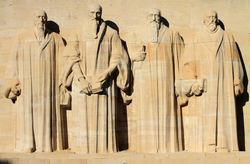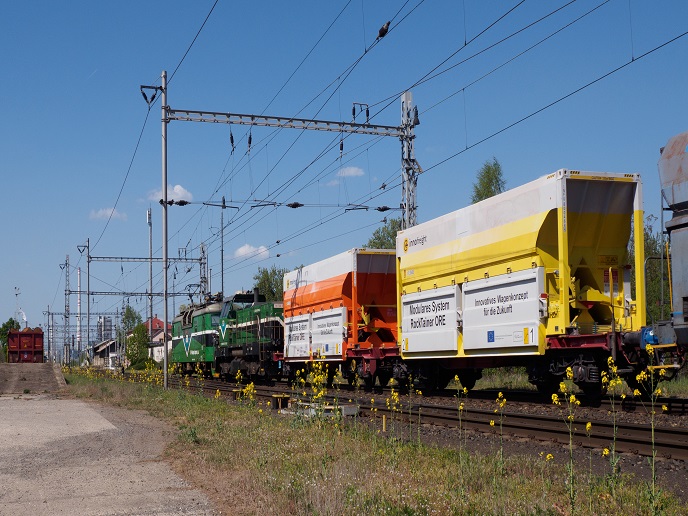The social aspects of religiosity
Religious organisations differ on the basis of how they use the beliefs they instil in individuals to create a culture of social signalling. For example, participation in public religious rituals signals one's religiosity, and social signalling takes place through scrutinising the behaviours of others. In the project RELIGION (A theory of religious organizations), researchers sought to provide an applicable model linking the individual and social aspects of religion. They examined the transition of city states in Switzerland from the Catholic to the Protestant religion. The study compared the Catholic Church, which emphasises rituals as the way to signal religiosity, and the Calvinist church, which emphasises behaviour and how this can be used to signal religiosity. The framework permitted a comparison of the two religious organisations and an in-depth look at how different people might prefer one to the other. A taxonomy was drawn up of religious organisations emphasising rituals. This was based on the members' level of participation, strength of beliefs, and attitudes towards other members and non-members. To model religious organisations emphasising behaviour, RELIGION provided a formal model of the self-signalling aspect of Protestant beliefs taking from the work of social theorist Max Weber. The work has provided a normative and a political comparison of the two types of religious organisations. The historical case study has shed light on Calvin's reformation in Geneva and allowed an analysis of religion from an economic agent point of view. Researchers also considered inter-religion relations, the dynamics of religious beliefs and participation, and how positive and negative shocks to well-being in society affect religious participation and beliefs. They showed that positive shocks decrease participation and polarise beliefs, whereas negative shocks can increase participation. Project work provided a framework for comparing and assessing the welfare implications of religious organisations. It also showed the conditions under which religion increases or decreases the welfare of all in society, for both secular and religious individuals.





